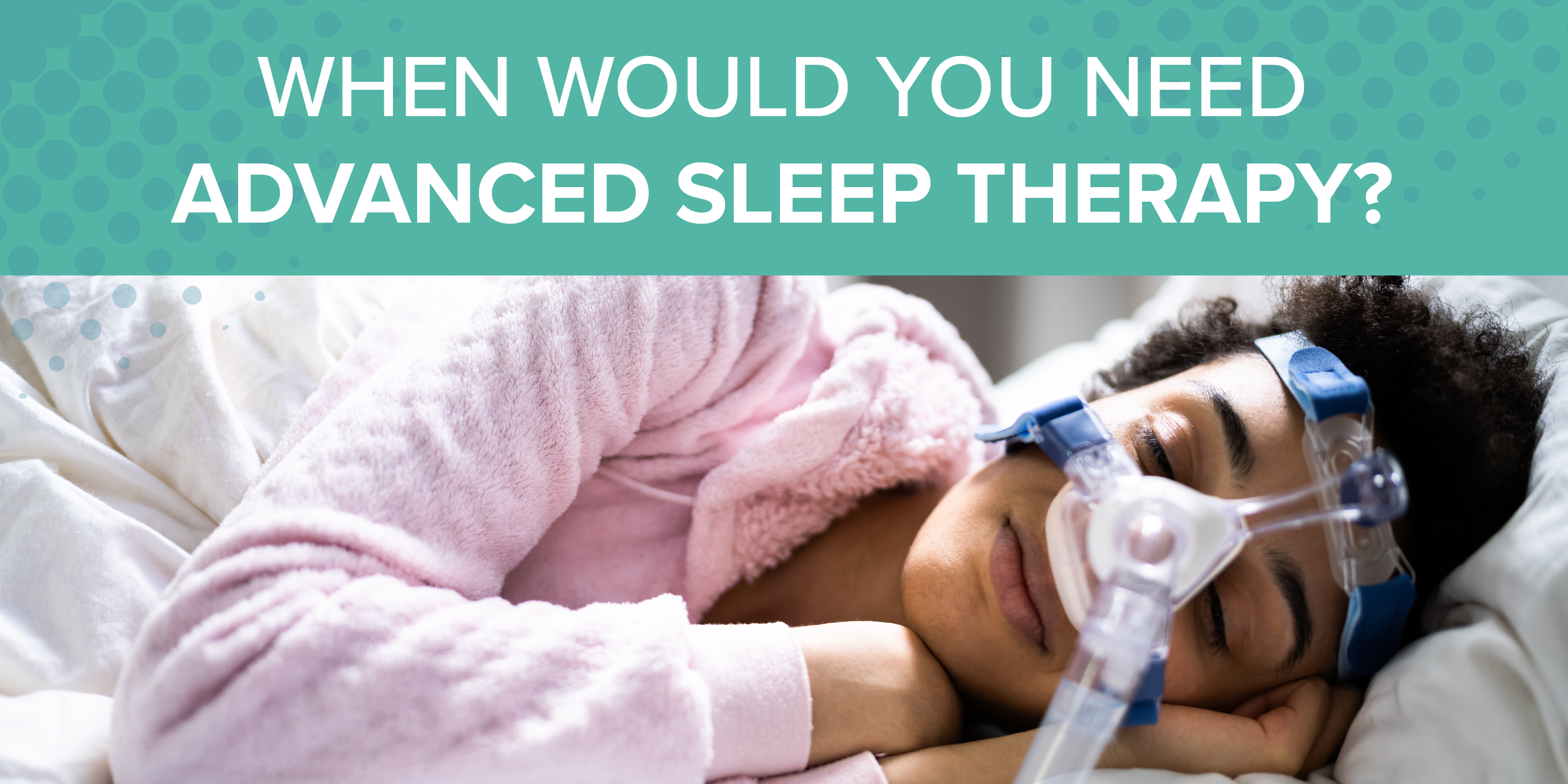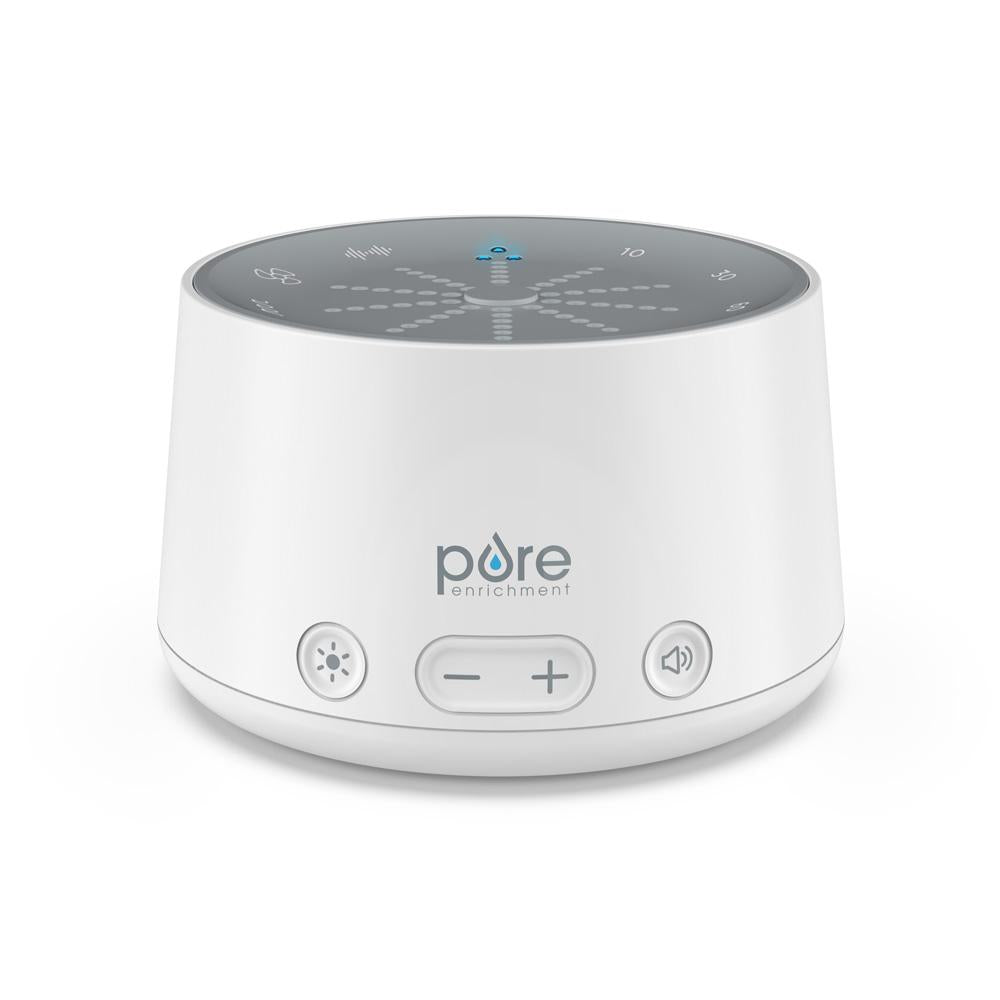Cognitive Behavioral Therapy for Insomnia (CBT-I) - Proven Approaches
Cognitive Behavioral Therapy for Insomnia (CBT-I) - Proven Approaches
Blog Article
Reliable Treatment Solutions for Handling Rest Disorders and Enhancing Peaceful Rest
In the realm of healthcare, the monitoring of rest disorders and the pursuit for restful sleep are critical components of general well-being. As we navigate the detailed landscape of sleep problems and seek to boost our rest experience, a much deeper understanding of these therapy remedies might hold the trick to opening an extra relaxing and fulfilling restorative journey.
Cognitive Behavioral Therapy for Insomnia (CBT-I)
Cognitive Behavior Modification for Sleeping Disorders (CBT-I) is a structured, evidence-based treatment strategy that concentrates on resolving the hidden elements contributing to rest disturbances. This kind of treatment aims to customize habits and ideas that exacerbate insomnia, inevitably advertising healthy sleep patterns. CBT-I usually involves several crucial components, including cognitive therapy, sleep restriction, stimulus control, and sleep hygiene education.
Cognitive therapy assists people determine and change unfavorable thought patterns and ideas about sleep that may be preventing their capacity to fall or remain asleep. Rest limitation includes restricting the amount of time spent in bed to match the person's actual rest period, therefore boosting rest efficiency (sleep deprivation help). Stimulation control strategies aid establish a strong organization in between the bed and rest by encouraging people to head to bed only when sleepy and to prevent taking part in stimulating activities in bed
Moreover, rest health education concentrates on developing healthy and balanced sleep practices, such as keeping a constant rest routine, producing a relaxing going to bed routine, and maximizing the rest setting. By resolving these variables thoroughly, CBT-I supplies an effective non-pharmacological intervention for taking care of insomnia and boosting general sleep quality.
Rest Hygiene Practices
Having developed the foundation of cognitive restructuring and behavioral alterations in attending to insomnia with Cognitive Behavior modification for Sleep Problems (CBT-I), the focus currently changes towards exploring vital Rest Hygiene Practices for keeping ideal sleep quality and overall wellness.
Rest hygiene techniques include a series of behaviors and ecological factors that can significantly influence one's capacity to fall asleep and stay asleep throughout the night. Constant rest and wake times, creating a relaxing bedtime routine, and maximizing the rest environment by maintaining it dark, peaceful, and cool are essential parts of excellent rest health. Restricting direct exposure to displays before bedtime, preventing energizers like high levels of caffeine near to going to bed, and participating in routine physical task during the day can likewise promote far better rest quality.
Moreover, practicing relaxation strategies such as deep breathing exercises or reflection prior to bed can assist calm the mind and prepare the body for sleep. By including these rest hygiene practices into one's day-to-day routine, individuals can develop a healthy sleep pattern that supports peaceful sleep and overall health.
Leisure Strategies and Mindfulness
Executing leisure strategies and mindfulness methods can play a crucial role in promoting a sense of calmness and promoting top quality sleep. In addition, guided imagery can help transport individuals to a calm place in their minds, aiding in stress and anxiety decrease and improving sleep quality.
By including these techniques right into a going to bed routine, individuals can signal to their bodies that it is time to unwind and prepare for rest. Generally, incorporating relaxation strategies and mindfulness methods can dramatically add to handling sleep conditions and enhancing overall rest quality.

Medicine Options for Sleep Disorders
After checking out leisure strategies and mindfulness methods as non-pharmacological interventions for enhancing sleep top quality, it is important to take into consideration medicine alternatives for individuals with sleep conditions. In situations where way of living changes and therapy do not supply enough relief, medication can be a useful device in taking care of sleep disturbances.
Frequently suggested drugs for sleep problems consist of benzodiazepines, non-benzodiazepine hypnotics, antidepressants, and melatonin receptor agonists. Benzodiazepines, such as diazepam, are sedatives that can help induce sleep, however they are generally suggested for temporary usage as a result of the threat of dependancy. Non-benzodiazepine hypnotics like zolpidem are also utilized to treat sleeping disorders and have a lower threat of dependence contrasted to benzodiazepines. Antidepressants, such as trazodone, can be advantageous for individuals with co-occurring clinical depression and rest disruptions. Melatonin receptor agonists, like ramelteon, target the body's all-natural sleep-wake cycle and can be practical for regulating sleep patterns.
It is crucial for individuals to speak with a doctor to establish one of the most proper medication alternative based on their specific rest condition and medical background.
Light Therapy for Body Clock Law
Light therapy, additionally known as photo-therapy, is my latest blog post a non-invasive treatment method utilized to control circadian rhythms and boost sleep-wake cycles. This therapy entails exposure to bright light that imitates all-natural sunshine, which assists to reset the body's biological rhythm. By subjecting people to particular wavelengths of light, commonly in the morning or night depending upon the preferred effect, light treatment can effectively change the circadian rhythm to advertise wakefulness during the day and improve restful sleep at night.
Research has revealed that light therapy can be especially beneficial for individuals with body clock conditions, such as postponed sleep phase disorder or jet lag. It can additionally be practical for those experiencing seasonal depression (SAD), a type of anxiety that typically happens throughout the winter season when natural light exposure is reduced. Light therapy is typically well-tolerated and can be made use of along with various other therapy approaches for rest disorders to maximize end results and improve overall rest quality.
Conclusion
Finally, reliable therapy services for managing sleep problems and boosting relaxed sleep consist of Cognitive Behavioral Therapy for Sleeping Disorders (CBT-I), rest hygiene methods, leisure methods and mindfulness, medicine options, and light therapy for circadian rhythm policy. These methods can aid individuals improve their rest top quality and total well-being. It is necessary to speak with a doctor to determine one of the most appropriate method for attending to sleep concerns.
As we browse the detailed landscape of sleep problems and seek to enhance our sleep experience, a deeper understanding of these treatment options may hold the secret to unlocking a more rejuvenating and meeting restorative trip.
Rest restriction involves restricting the amount of time fatal familial insomnia treatment invested in bed to match the individual's actual rest period, therefore boosting sleep performance. Regular sleep and wake times, developing a relaxing bedtime regimen, and maximizing the rest environment by maintaining it dark, quiet, and cool are critical parts of great rest hygiene. Light treatment is typically well-tolerated and can be made use of in discover this combination with other therapy methods for sleep conditions to enhance end results and boost total rest top quality.

Report this page